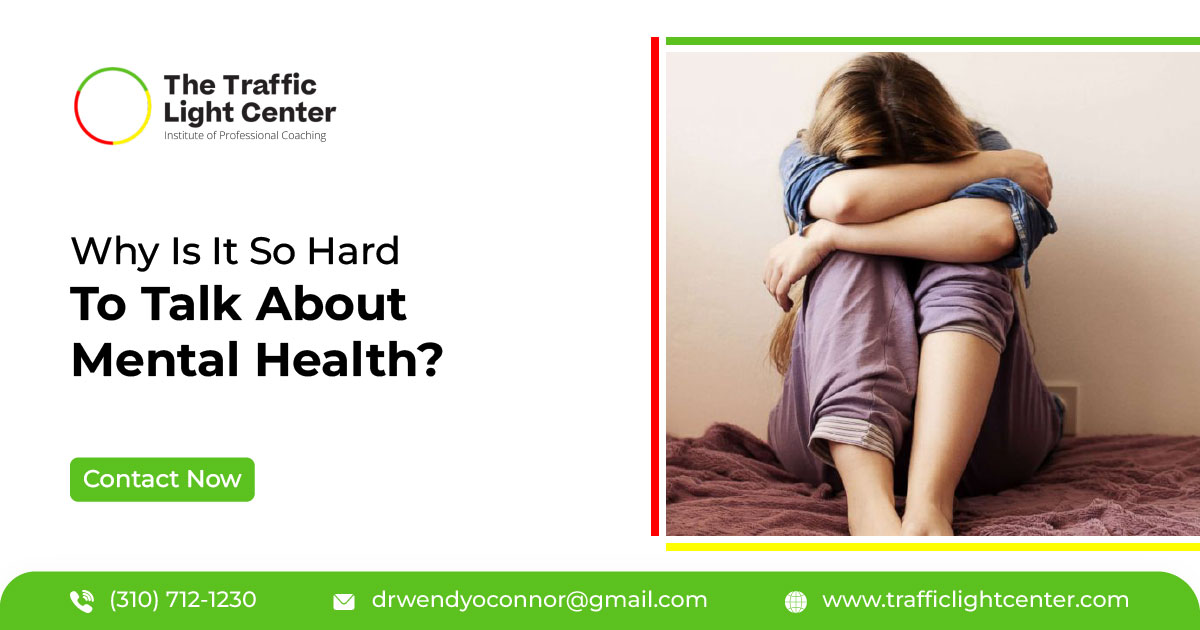
Mental health is a growing concern. Since the pandemic, mental health issues have reached a tipping point. But the main problem is that people are reluctant to seek help and are afraid to talk about their mental health issues or admit they have them. Why are people reluctant to talk about such an important topic as mental health? You must search Clinical Psychologists Near Me in Los Angeles to seek help if you are an LA resident.
The Stigma around Mental Health
Stigma prevents people from seeking support for their mental health problems because they are ashamed or fear the reaction of others. It doesn’t have to be that way. It is possible to end stigma and promote better mental health:
- Let people know that they are not alone in dealing with these challenges, have nothing inherently wrong, and are not alone.
- Encourage them to talk about their experiences by helping them recognize that their mental health is as important as their physical health.
- Normalize the conversation.
Shame and isolation contribute to poor mental health. However, talking about your difficulties and being in contact with other people can help relieve anxiety, concerns, and fears.
Openly expressing your feelings reduces their hold. Talking about mental health should be as common as talking about physical health. Unfortunately, society still considers it taboo. This needs to change: at the individual, educational, and work levels because millions of people feel unable to talk about mental health issues for fear of being stigmatized.
Prejudices and Misconceptions about Mental Health Issues
Misconceptions about mental health issues are another barrier to seeking help. These include the idea that:
- Mental health is a weakness
- A simple change of mentality can be enough.
- Mental health problems only affect certain types of people. But it affects people from all walks of life.

Fear of Being Seen As Weak
Another reason people don’t talk about their mental health issues because they think others will look down on their suffering. Or that they will see it as a sign of weakness. However, mental health problems are neither a weakness nor the result of bad choices.
Mental illness can affect anyone, regardless of age, gender, race, or socioeconomic status. And it doesn’t just affect those who look like they are “having a bad day.” Many people with a smile suffer from mental health issues beneath their happy appearance, just like many celebrities.
Mental health issues are still a source of stigma in our society, and this means that people with mental illness often suffer in silence because they are afraid to speak up and seek help. As a result, many mental health issues go untreated, and this can lead to serious consequences (loss of employment, homelessness, addictions, and even suicide).
Fear of Being Treated Differently
Coping with the day-to-day realities of mental illness is hard enough, and feeling obligated to keep it a secret only worsens things. When people don’t talk about their mental health, it perpetuates the stigma around these illnesses and prevents others from seeking help. This silence also reinforces the idea that mental health is something to be ashamed of instead of a real medical problem needing treatment. Speaking openly about our experience can help break down these barriers and make it easier for others to access the support they need.
Feeling of Helplessness
When someone is experiencing a mental health issue, it can be difficult to know where to start. He/ she may feel like nothing can be done, there is no cure, and talking won’t change anything. But talking can help. It also makes it easier for people with mental health problems to get professional help. Talking about mental health is useful for people who suffer from it; it is also important for relatives and friends who support them in this difficult time.
Societal Pressures
Society exerts pressure to make us happy and successful, increasing reluctance to seek help for mental health issues.
People are constantly bombarded with messages about the perfect job, partner (and family), and the best home. Additionally, there is pressure within your social group to conform to standards of behavior and appearance. People often feel they have to conform to this ideal and feel judged by others when they don’t. It is then difficult for them to admit that they are not up to it.
Society needs to help people feel empowered to take action to improve mental health care. It’s important to talk about your experiences with mental illness, seek treatment if needed, and not feel like society looks down on people who do. This conversation has been suppressed for too long, with catastrophic consequences.
Dr. Wendy M. O’Connor is a licensed Marriage and Family Therapist with a private practice in Los Angeles, California. If you are looking for a Psychotherapist in Los Angeles, visit The Traffic Light Center website for more information.







